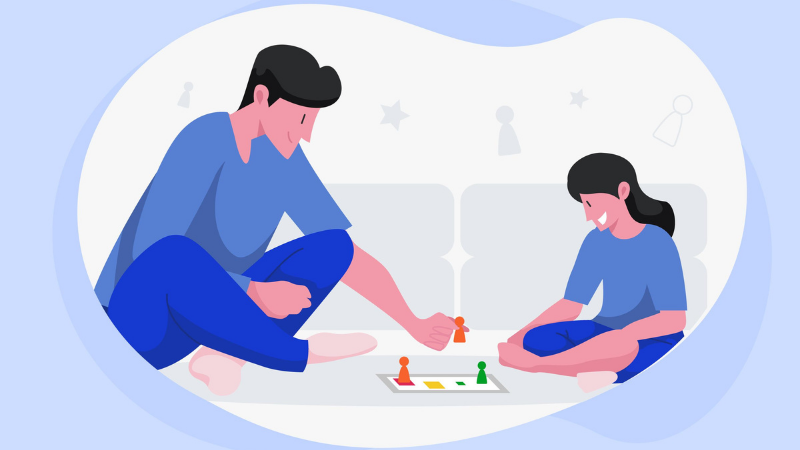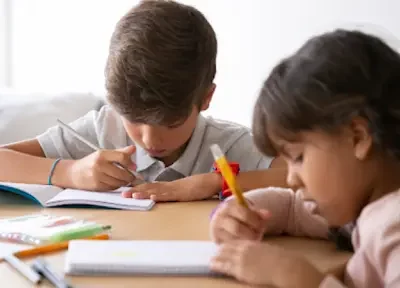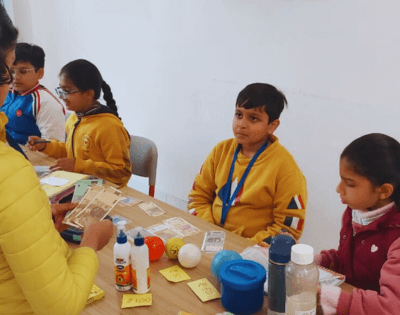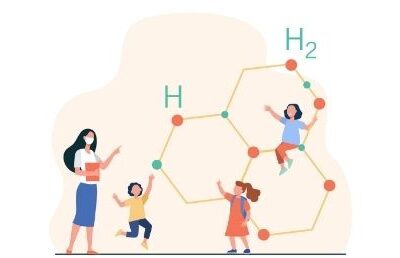
As parents, you expect your child to be logically sound as they grow up. But do you know that early childhood is the best time to cultivate these skills in them? Logical reasoning skills enable your kid to distinguish right and wrong. It also helps them to analyse different situations, promotes their analytical thinking, reasoning, mathematics and problem-solving skills.
Some children learn to reason quickly; for others, it may take repeated actions to form a logical connection. So the best way to ensure your child’s cognitive development is to get them involved in fun activities that allow them to think critically and develop a sense of reasoning in their mind. In this article, we have compiled a list of activities that will help your child develop logical reasoning skills at a very young age and empower them to thrive in life. Read this blog to know what these activities are!
Pretend Play
Pretend play or imaginative play activities plays a critical role in improving their logical thinking skills. Engaging your kid in such activities allows them to connect their thoughts with the real world. When they learn to pretend, it enables them to understand different objects, symbols and their uses. In addition to this, they use their imagination to create something new, something unique. You can play this activity with your child by giving them different props such as toys, pillows, clothing, and other such items. The story they weave using given props and objects will help them develop their logical reasoning skills.
Sorting and Categorising
Sorting is one of the great skills for building logical reasoning skills in your little munchkin. All you need to do is give them colourful objects and ask them to sort basis their colour. You can do this activity with clothes or legos as well. While your kid is sorting and categorising the objects, make sure you ask them to explain why and how they decided to sort. Doing so will encourage them to put their viewpoints and improve their decision-making skills.
Sequencing Game
Sequencing activities helps children to acknowledge and understand the task given to them. To play this activity, provide some objects like soft toys, fruits or anything to them and give them the instructions they will need to follow. For example, give them a stuffed toy, a blue block and a doll. Now ask them to place the toy on the right side of the table and place the blue block along with the doll on the left side of the table. But make sure your instructions are simple and clear. Otherwise, your child will get confused. Engaging your kid in such activity will enable them to focus on all the instructions, ultimately sharpening their logical reasoning skills.
Lining Up Toys
The main attribute required to be thought of in this activity is size. Give your child 4 or 5 toys and ask them to arrange them in ascending or descending sizes. Then you can ask your little one which position is occupied by which toy. Instead of giving direct instructions like “Put the doll first and place the ball at the end”, you can simply provide clues like place the toys in a line according to their size or “put the toy with long hair first and place the toy with wheels at the end”. This is also an interesting activity that plays a vital role in improving your child’s logical and analytical thinking skills.
Final Thoughts
Involving children in fun-learning activities at a young age will benefit them throughout their lives. If you are a parent of a toddler, try engaging them in the activities given above, as it will help them learn to solve problems and deal confidently with all situations. In addition to this, keeping them busy in such games will enable them to make informed decisions which will help them solve all the challenges life throws at them.




